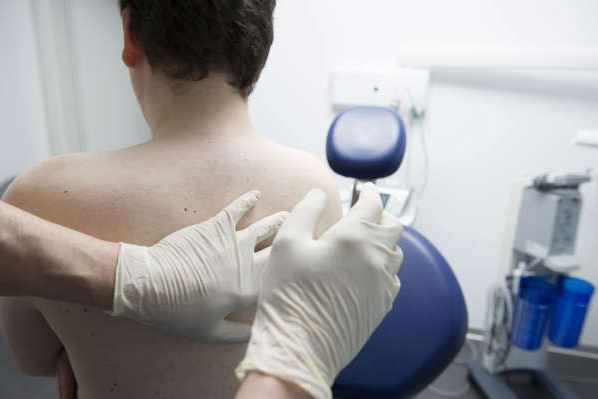Since the outbreak of the monkeypox virus in May, close to 12,000 cases have been reported in the European Region, according to a statement of WHO/Europe on Tuesday.
As already reported, WHO has declared global monkeypox a Public Health Emergency of International Concern (PHEIC). Dr Tedros Adhanom Ghebreyesus, WHO’s Director-General said that there was a risk of international spread of monkeypox through new modes of transmission but added that too little is known about it.
In Belgium, the Sciensano Public Health Institute on Wednesday released its most recent findings for monkeypox, reporting that 393 people had been found to be infected. Belgian experts, however, commented that there was no reason to panic or to dramatise. “It’s not a sexually transmitted disease, but you do need long and close skin contact with someone to become infected,” explained vaccinologist Pierre Van Damme.
WHO Regional Director for Europe, Dr Hans Henri P. Kluge is often more outspoken. In a statement on Monday, he said that the outbreak of monkeypox surfaced in the European Region (53 countries), where the vast majority of cases continues to be recorded, and that most cases are among men who have sex with men.
No stigma or discrimination
Among the 12,000 probable or confirmed cases which have been reported in the region, 8% were hospitalised with, fortunately, no deaths to date. “Solutions to tackle the outbreak must therefore also come from the region, without stigma and discrimination towards affected communities and in close partnership with them.”
From the very start of the outbreak of monkeypox, a Belgian expert took the social media to make it clear that the monkeypox virus does not discriminate against certain population groups, following homophobic reactions to the fact most cases are being detected in gay men.
“It is incredible how a virus that is spread through skin contact and that happened to be detected in some gay men is cause for homophobia and derogatory reproaches right away,” tweeted Piet Hoebeke, Urology Professor and the Dean of the Medicine and Health Sciences Faculty at the University of Ghent.
Dr Kluge laid out what is known about monkeypox and what needs to be done. Monkeypox is, in general, a self-limiting, non-life-threatening disease in otherwise healthy persons. The disease is better known in African countries where it has been observed over decades, and where deaths – five so far this year – have occasionally been reported, including in children and elderly persons as well as people with underlying conditions.
Skin-to-skin contact
In the WHO European Region, the outbreak has seen the virus extend its reach rapidly, with 37 countries and areas affected as of today, with evidence of continued local transmission. For a multi-country outbreak situation report, click here.
Beyond social and sexual networks, it is clear that cases in other population groups, including women and children – some of whom may be vulnerable to more severe disease – are increasing, although these remain minimal.
While close contact, usually during sexual encounters, seems to be the key mode of spread, cases are also being detected through household transmission episodes, and sometimes with no clear exposure history at all.
“While we acknowledge uncertainties about how this outbreak will play out, we must respond to the epidemiology before us, focusing on the most dominant mode of transmission – skin-to-skin contact during sexual encounters – and the groups at highest risk of infection," Kluge said.
Related News
- Monkeypox: 393 cases confirmed in Belgium, 133 in Brussels
- WHO: Monkeypox declared 'international emergency,' but no reason to panic
- 'Viruses don't discriminate': Expert outraged by homophobic reactions to monkeypox
While vaccination is available and very important to prevent transmission among people with higher exposure risks, Kluge stressed that it is not a silver bullet and asked people to take steps to lower that risk for the time being. "The responsibility for stopping this outbreak is necessarily a joint responsibility, shared between health institutions and authorities, governments and affected communities and individuals themselves.”
As regards health institutions, he underlined that they should remove any judgement or stigma from the patient pathway; the lessons of HIV/AIDS must not be forgotten.
Ministries of health and public health authorities, including in countries that have not yet reported any cases, should significantly and swiftly boost national capacities for monkeypox surveillance, investigation, diagnostics and contact tracing to help identify and track every possible case. Many cases are likely going undetected, further fueling the outbreak.

